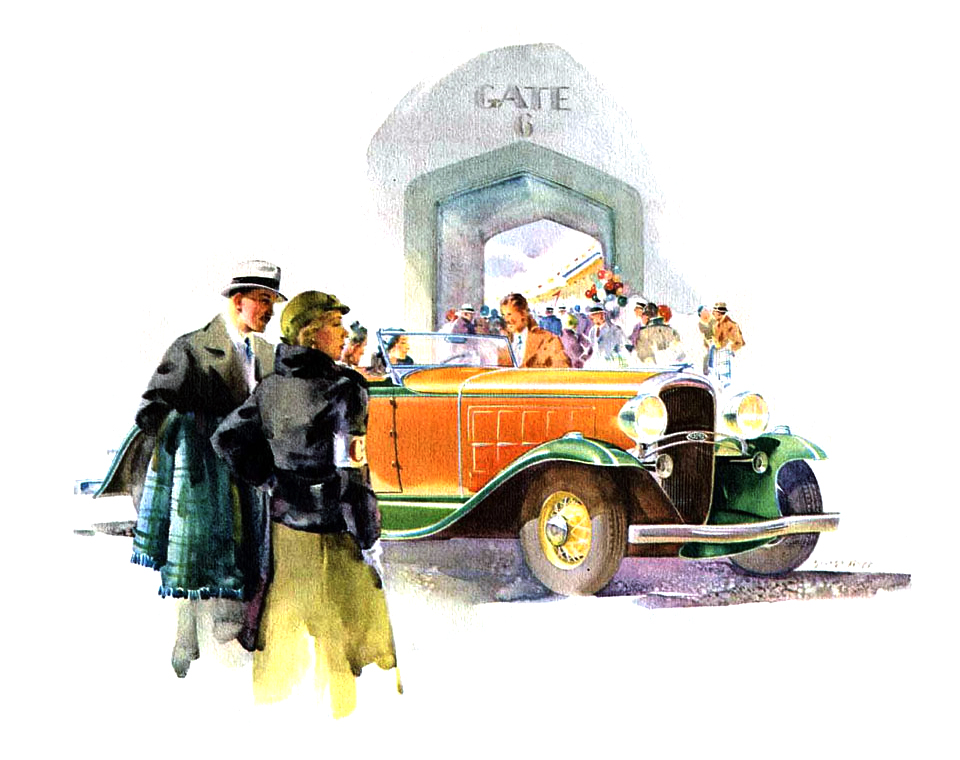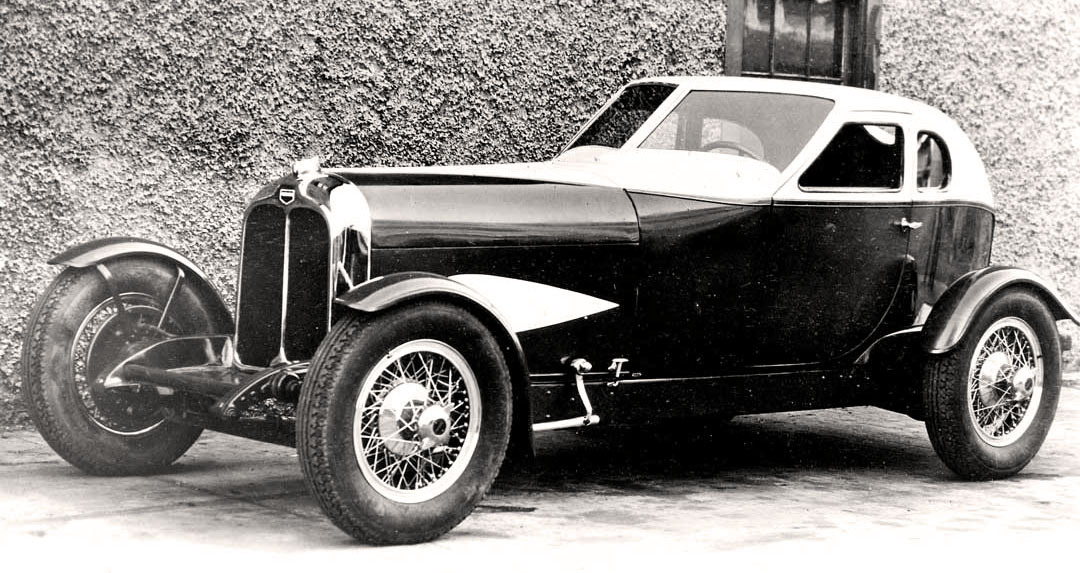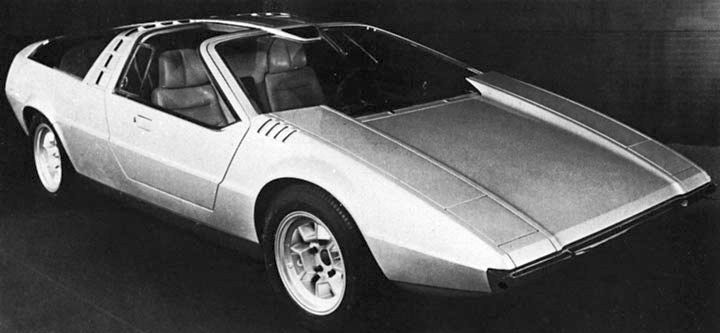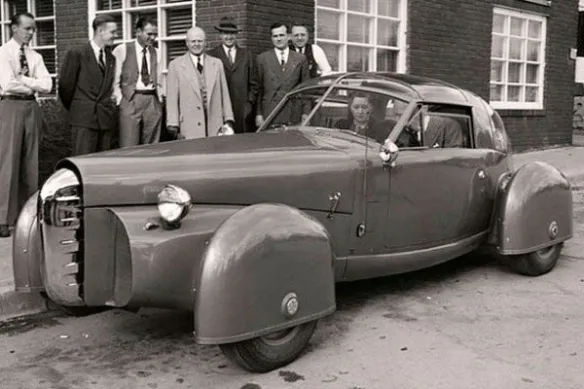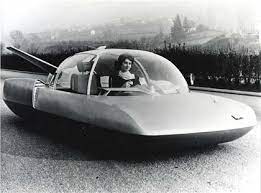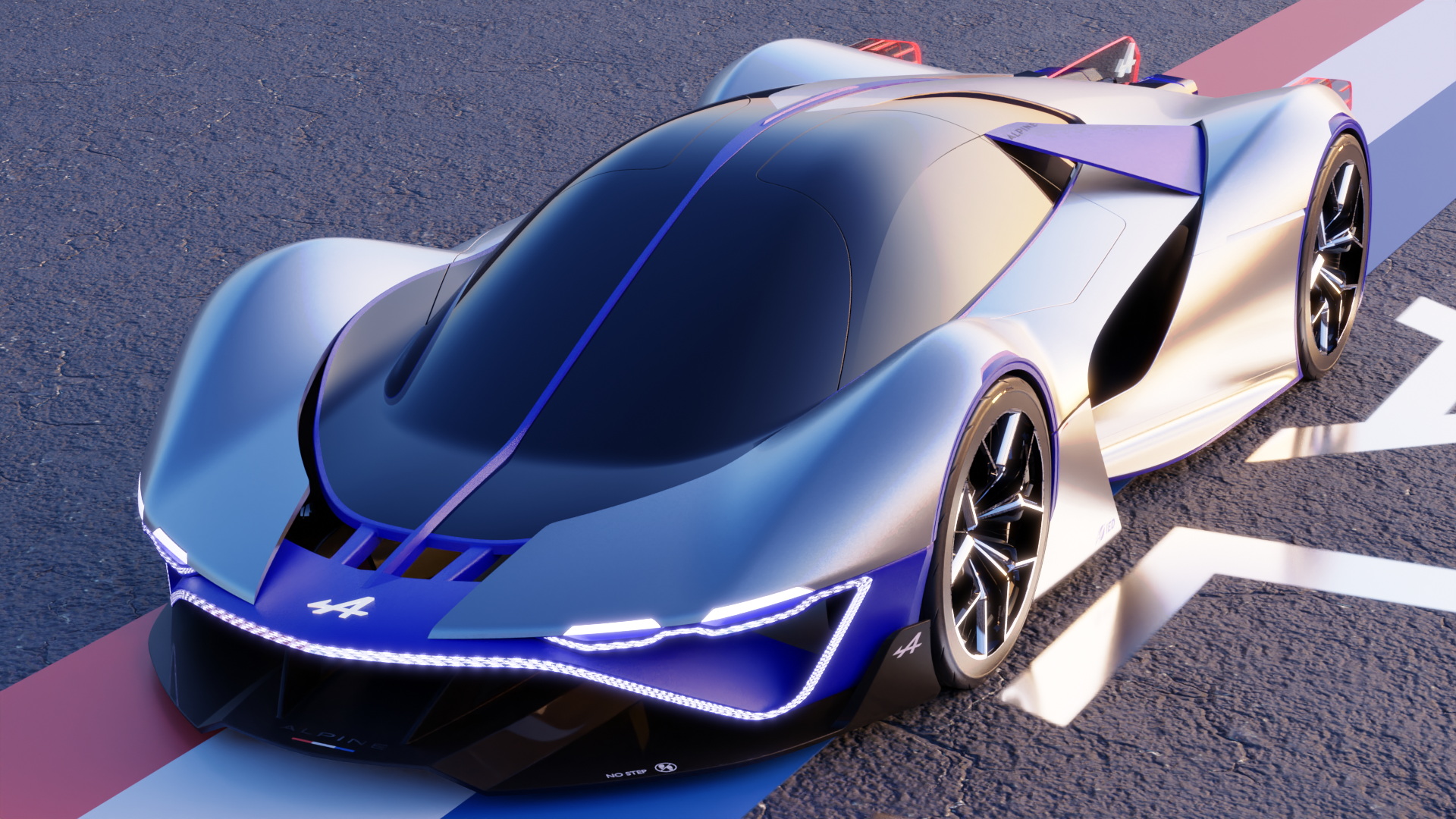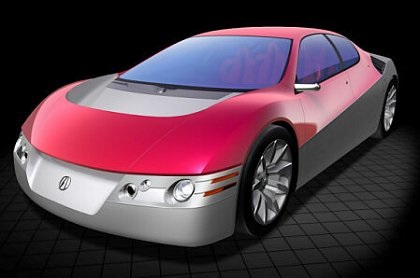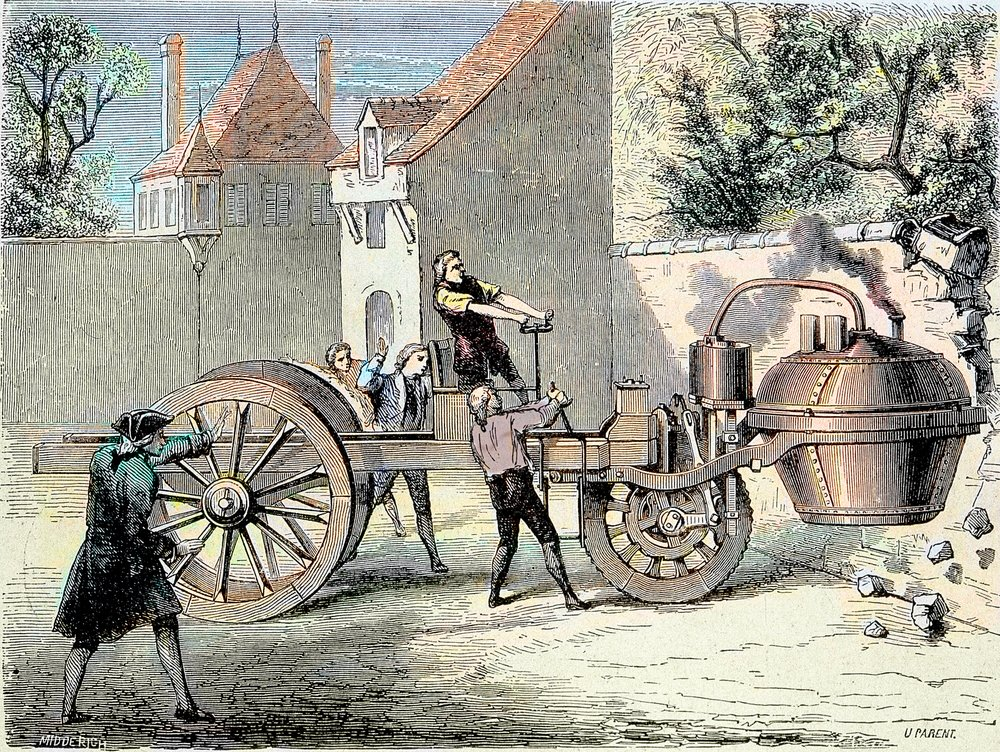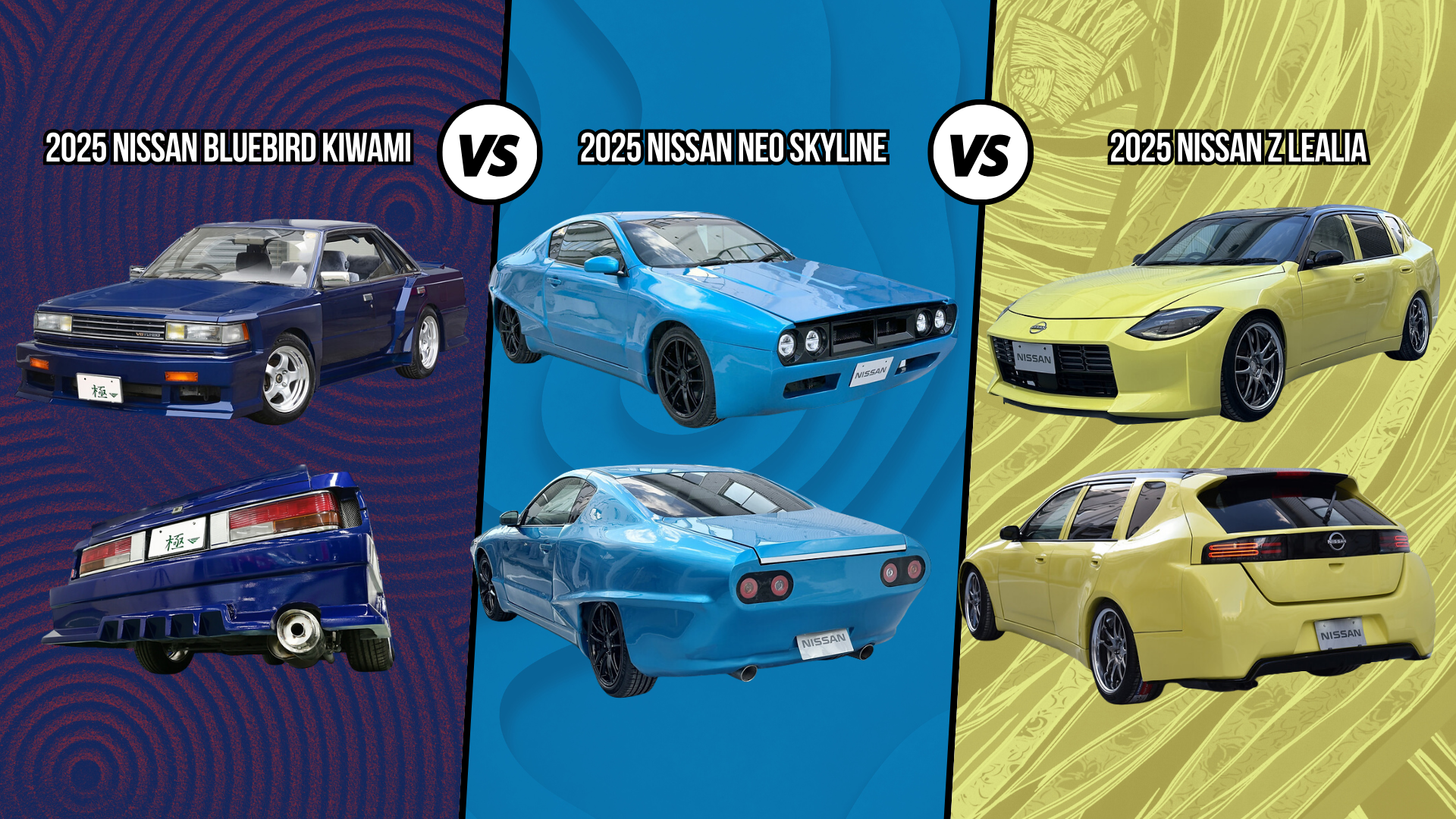The third in a series of gas turbine-powered experimentals, Harley Earl, took his imagination to new places with his final dream car – the Firebird III. Harley Earl said, "I envisioned an entirely different type of car which, eliminating to launching site of a rocket to the moon." Under twin bubble tops, Mr. Early placed the first single-stick vehicle control system, eliminating the conventional steering wheel, brake pedal, and accelerator. Utilizing an ultrasonic key, the Firebird's large butterfly doors opened via high-frequency sound waves. With nine fins, the Firebird III remains the ultimate fin car.
Harley Earl said, "I envisioned an entirely different type of car which a person may drive to the launching site of a rocket to the moon." General Motors' experimental Firebird III is the first space-age-inspired car. Beneath its missile-like shape, the tools of the space age-translators, computers, and electronics-are employed for the first time to give automatic guidance and improved passenger comfort to automobiles.
Firebird III is the first car ever designed around a single stick control system which eliminates the conventional steering wheel, brake pedal, and accelerator. It is the easiest-to-drive automobile ever built.
It is the third member of the GM Firebird family, which has become a famed symbol of the auto industry's continuous search for better transportation tomorrow. The car was conceived and built at the GM Technical Center near Detroit and is shown under high-speed test at the GM Proving Ground near Mesa, Arizona.
The first Firebird, a single-seat car introduced at the GM Motorama in 1954, was the first gas turbine-powered automobile built and tested in the United States. Firebird II, a four-passenger vehicle introduced at the Motorama of 1956, carried forward gas turbine progress and featured significant advances in passenger comfort.
The second Firebird also presented a concept of a car under automatic guidance on an electronically-controlled highway of tomorrow. The latest Firebird, shown above, carries the concept into reality. Through electronic "sniffers" located beneath the car, it can follow low-frequency power in a cable on the highway to automatically guide the car.
Firebird III was designed and built jointly by Harley J. Earl, GM Vice-President in Charge of Styling, and Lawrence R. Hafstad, GM Vice President in Charge of Research, and more than 500 specialists from their staff with assistance from several other teams and 10 GM divisions.
It has a fiberglass body and is pearlescent silver-gold. The car measures 44.8 inches at the top of the bubbles and 57.3 inches at the tip of the dorsal fin.
Firebird III has two engines—an improved 225 horsepower Whirlfire gas turbine engine in the rear and a new ten horsepower aluminum engine in the nose which drives all accessories.
The car has the first single-dial electronic temperature system, featuring the most advanced passenger compartment ever designed. Electronics can maintain a single temperature setting even though the vehicle is driven from the North Pole to the Equator. Large gull-wing doors swing diagonally up to offer effortless passenger entry.
New Trub-Al brakes, an improved air-oil suspension system, a lighting system that turns on automatically when daylight turns to darkness, an "ultra-sonic key" that opens the doors by high-frequency sound waves, and a timer that can be set to start the accessory drive engine before passenger entry to pre-condition the temperature are a few of the other features of this revolutionary new automobile.
Source: GM Press Release
Images: GM Media Archives; www.conklinsystems.com; deansgarage.com


































































































